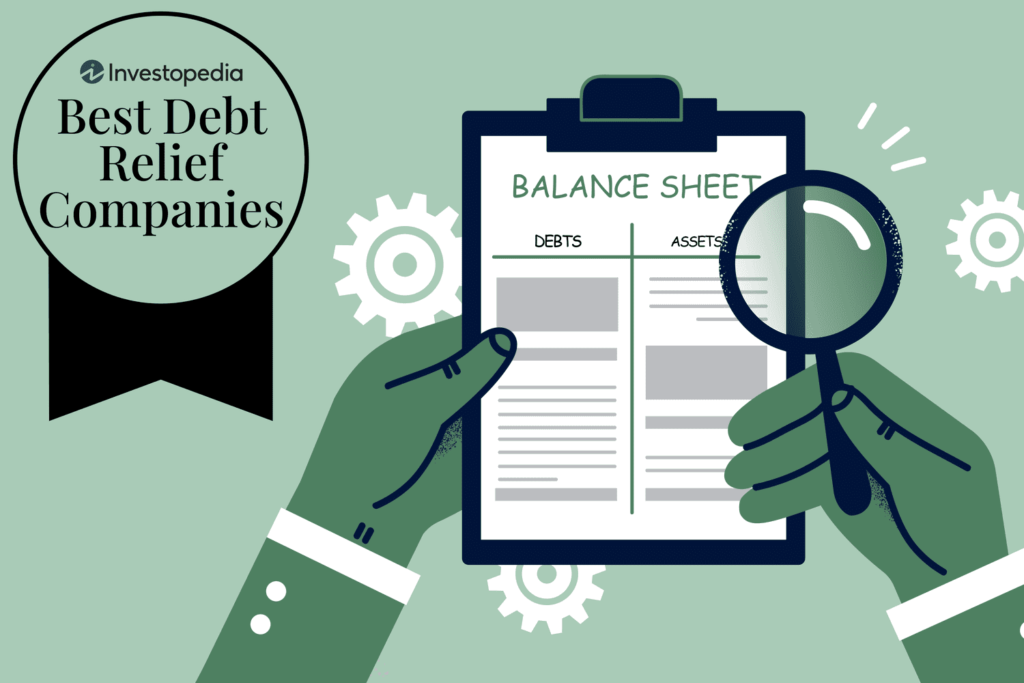
Debt settlement is a financial strategy often employed debt by individuals struggling with overwhelming debt. It involves negotiating with creditors to reduce the total amount owed, allowing the debtor to make a lump-sum payment or a series of payments that are less than the original debt. While it’s a potential lifeline for many, debt settlement comes with risks and trade-offs that should be fully understood before diving in.
Understanding Debt Settlement
Debt settlement works by offering creditors a one-time or structured payment that is lower than the outstanding balance in exchange for considering the debt “settled” or “paid off.” The process typically involves hiring a debt settlement company or an attorney who will negotiate on behalf of the debtor. These professionals assess the debtor’s financial situation, decide on a reasonable settlement offer, and then negotiate with creditors for reduced balances.
The goal of this negotiation is to settle for a fraction of the total debt, often between 40% and 70% of what is owed. Debt settlement is typically considered by individuals facing financial hardship and who are unable to meet their minimum payments on time.
The Debt Settlement Process
- Evaluation of Financial Situation: Debt settlement begins with a detailed review of the debtor’s financial situation. Debt settlement companies assess how much the debtor owes and what amount might be feasible for a settlement.
- Cease Payments to Creditors: Often, debt settlement companies advise debtors to stop making payments to their creditors to pressure them into negotiating. This strategy is risky, as missed payments negatively impact credit scores.
- Negotiation: Once enough funds are saved in a designated account, negotiations begin with creditors. The debtor, through the settlement company, offers a reduced amount as full payment of the debt.
- Settlement Agreement: If the creditor accepts the offer, the debtor pays the agreed-upon amount, either in a lump sum or through installments. The creditor, in turn, reports the debt as “settled” to credit bureaus, rather than “paid in full.”
- Credit Report Impact: While the debt is resolved, the settlement is reflected on the debtor’s credit report for seven years, which can hurt creditworthiness for future loans or credit applications.
Advantages of Debt Settlement
- Reduction in Debt: The primary benefit of debt settlement is that it offers the chance to pay less than what you owe, which can provide significant financial relief.
- Avoiding Bankruptcy: For many, the biggest advantage of debt settlement is that it offers a way to avoid bankruptcy. While both options damage credit, bankruptcy can be more severe and last longer on a credit report.
- Stress Reduction: Being in debt can be stressful. Settling debts helps alleviate the emotional and psychological burden of dealing with multiple creditors, collection agencies, and looming threats of legal action.
Risks and Drawbacks
Despite its potential advantages, debt settlement is not a perfect solution for everyone. There are several risks and drawbacks associated with the process:
- Impact on Credit Score: Debt settlement often involves stopping payments to creditors, which will hurt a debtor’s credit score. Even after the debt is settled, the status of “settled for less than owed” remains on credit reports for several years.
- Fees and Costs: Debt settlement companies charge fees, which typically range between 15% and 25% of the settled debt. This means that while the debtor saves on the overall balance, they still face additional costs.
- Tax Implications: Any forgiven debt might be considered taxable income by the IRS. Debtors who settle large amounts may receive a 1099-C form, which requires them to report the forgiven debt as income.
- No Guarantees: There’s no guarantee that creditors will agree to settle. Some creditors may refuse to negotiate or may pursue legal action during the settlement process, which could result in wage garnishments or lawsuits.
- Damage to Relationships with Creditors: Debt settlement can harm relationships with creditors. Those who have plans to work with the same lenders in the future, or who rely on maintaining good relationships for business or personal reasons, might find that settlement burns bridges.
Is Debt Settlement the Right Choice?
Debt settlement is best suited for individuals who have a significant amount of unsecured debt (like credit card debt) and who are experiencing financial hardship. It may be an option for those who:
- Cannot Pay Minimums: Individuals unable to make minimum payments consistently are likely candidates.
- Are Considering Bankruptcy: Those facing bankruptcy may prefer settlement as a way to avoid the long-term effects of filing.
- Have Lump-Sum Funds Available: Settlement usually requires a lump-sum payment, so individuals with access to a large amount of cash may find it beneficial.
However, individuals with a stable income, manageable debt, or a need for good credit in the near future (such as those planning to purchase a home) may want to avoid debt settlement. Other options, such as debt consolidation or credit counseling, might offer better long-term results with less impact on credit.
Alternatives to Debt Settlement
If debt settlement feels too risky, there are other ways to manage debt:
- Debt Consolidation: Consolidating multiple debts into a single loan with a lower interest rate can simplify payments and make it easier to manage.
- Credit Counseling: A credit counselor can help develop a debt management plan (DMP), which may involve negotiating with creditors for reduced interest rates or extended payment periods.
- Bankruptcy: While a last resort, bankruptcy can discharge many types of unsecured debt, offering a fresh start, albeit with long-term consequences.
Conclusion
Debt settlement can be a powerful tool for individuals buried in debt, offering a way out without resorting to bankruptcy. However, it’s not without its downsides, including damage to credit and potential tax implications. Anyone considering debt settlement should carefully weigh the pros and cons, explore alternatives, and consult a financial advisor or debt specialist to determine if it’s the right choice for their situation.
For many, debt settlement is not just about reducing debt—it’s about finding a path to financial freedom and reclaiming control over their financial future.
